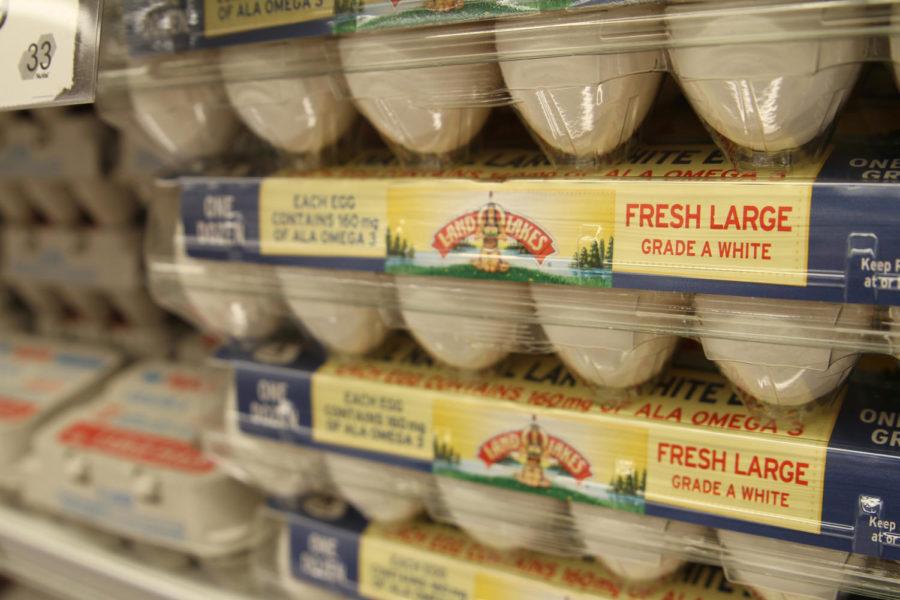ISU students will be taking on world hunger at Land O’Lakes internship
February 18, 2015
Although there is no single solution to solving world hunger, innovative minds and the helping hands on the job help bring more solutions to the table. For the first time ever, Land O’Lakes Inc. is giving 10 students from five different universities a chance to be a solution this summer and come up with innovative, yet feasible ways to reduce world hunger and eliminate scarcity.
An 11-week internship directly with Land O’Lakes Inc. will ensue during the summer for both ISU students Trey Forsyth, junior in agricultural business and Olivia Reicks, junior in supply chain management. The internship will include two weeks in Malawi, as well as trip to Washington D.C. to see the political implications, firsthand. However, Forsyth and Reicks will work separately on their research projects with resources provided by Land O’Lakes and mentoring provided by Carly Cummings, ISU faculty member.
The experiment put together will work closely with the agronomy and food cultures of many developing countries in Asia and Africa. During the summer, the selected students will be researching all sides and angles to the issues involving global food insecurity and developing solutions to help local farmers and food producers with the use of sustainable agricultural resources. In doing so, the efforts to provide nutritious food for these communities and families will convert from dream to reality.
According to Forsyth, the purpose of the Land O’Lakes program is to “challenge us to realistically come up with solutions to be implemented both globally and locally.”
Cummings, who works with Iowa States’s Agricultural Entrepreneurship Initiative as Forsyth’s university mentor for the Global Food Challenge program, provides insight, “I would highly encourage students to take advantage of any international opportunity, as it’s much cheaper through the university and students will learn more through traveling with the university.”
Raising awareness is important, but solving global food insecurity requires effort from everyone. There is no one solution. Getting other students involved in the research projects and initiative is about “letting them know they can help by raising awareness. If [world hunger] were easy, it would already be solved,” Reicks said. It requires effort, the collaboration of different skill sets, as well as perspectives.
Reicks’ research focused on food waste in developing countries due to transportation problems, poor infrastructure or insect infestation, in hopes to develop ways to reduce waste in the supply chain. The internship will expose Reicks and Forsyth to a variety of environments and challenges to help provide food security to a growing world with limited resources. Students can get involved and help out by raising awareness and getting involved in local food banks and programs to help “be the change.”
In order to help change the world, Forsyth noted that joining the conversation and understanding the issues is the first step.
“Understanding the issue exists, [understanding] that everything we have in life isn’t guaranteed and understanding that [it’s about] simple solutions, coming up with creative ideas to have an impact,” Forsyth said. “I think the biggest thing is small steps leads to big advancements, building on small ideas to build cooperatively. Just recognizing that there is a problem is not going to change anything. It’s projects like this, educating students and getting them passionate about the issues, that’s really going to make a difference.”







